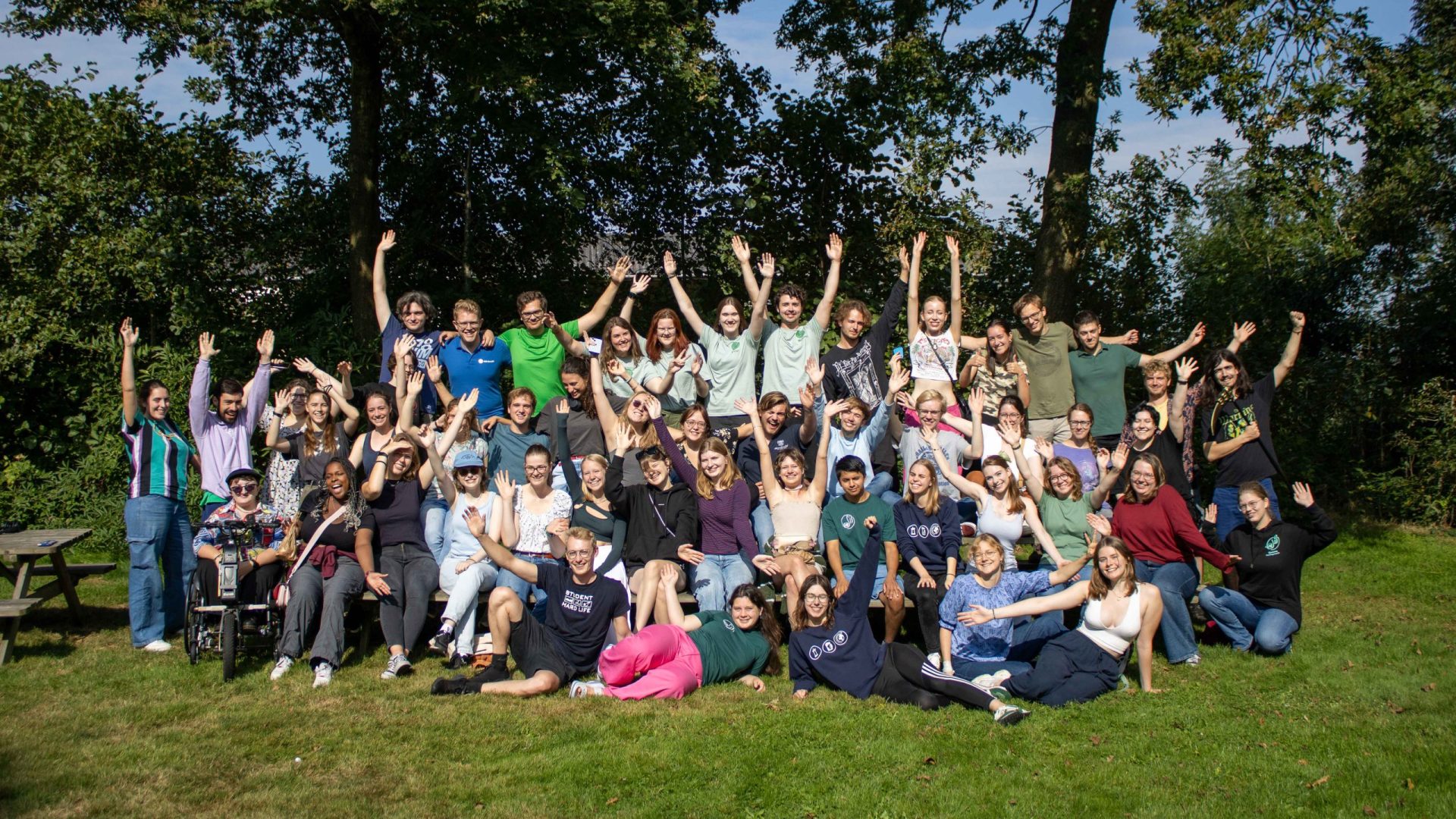
June 14 2022 | 20:00-21:30 | Instituto Cervantes (Domplein 3, Utrecht)
War is increasingly exercised without exposing advanced military personnel to opponents in a declared warzone under the condition of mutual risk. This lecture aims to understand why we see this shift to remote warfare and reviews the moral and political challenges that this new way of war has given rise to. The key argument is that the secrecy around remote warfare operations, their portrayal as ‘precise’ and ‘surgical’, as well the asymmetrical distribution of death and suffering they entail, thwarts democratic political deliberation on contemporary warfare. I foresee that it is these qualities of remote warfare that will make Western liberal democracies more war prone, not less. This is the remote warfare paradox: the military violence executed is rendered so remote and sanitized, that it becomes uncared for, and even ceases to be defined as war. In this lecture dr. Lauren Gould takes the event of the Dutch remote bombing of Hawija, Iraq, during the US-led Coalition against the Islamic State, as case study example to empirically illustrate many of the points she makes.
Dr. Lauren Gould is an Assistant Professor in Conflict Studies and project leader of the Intimacies of Remote Warfare Programme.
Suggested readings are:
Demmers, J., & Gould, L. (2021). The remote warfare Paradox: Democracies, risk aversion and military engagement. Remote Warfare, 34.
Azeem, S., Gould, L., Bijl, E. & Demmers, J. (2022). After the strike: exposing the civilian harm effects of the 2015 Dutch airstrike on Hawija.
After the Strike: Exposing the Civilian Harm Effects of the 2015 Dutch Airstrike on Hawija

